As impressive as ants are, what with being able to lift 50 times their body weight and building their fancy colonies, they can become a bit of a nuisance in our gardens and homes.
It’s sometimes difficult to remember that ants are vital to the ecosystem and do have a positive role to play as it relates to their influence on other species. What we’re focusing on is how to keep them out of our kitchens and off of the melon plants.
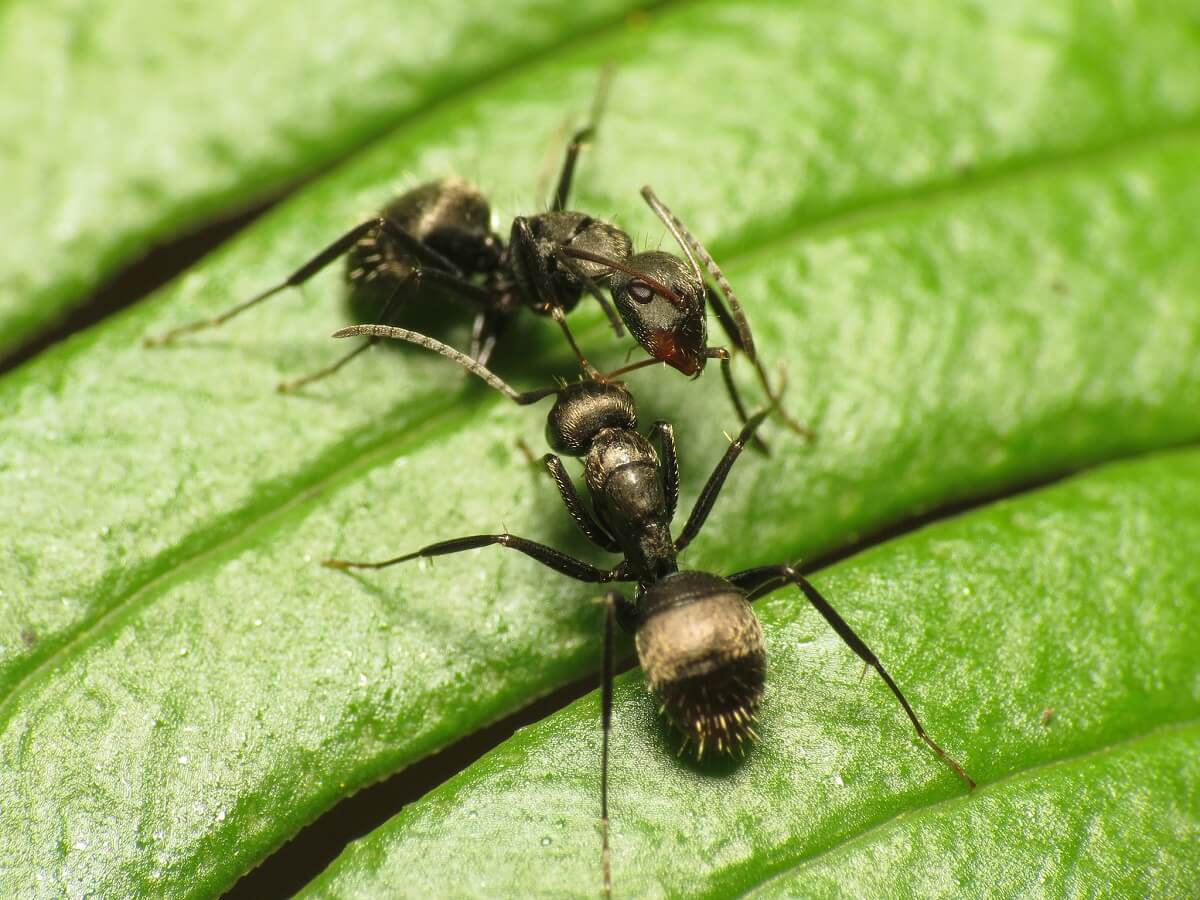
There are thousands of ant species, but in North America, there is only a handful that we commonly see, and these are the bugs we’re concerned with getting rid of. The next time an ant infestation threatens an invasion, before running off to buy traps filled with potent chemicals, consider a few natural alternatives.
Be Proactive
The reason ants make their way into our pantries and on to our countertops is because they’ve identified a food supply or a water source. This is why, outside of the kitchen, you’ll also sometimes find them in bathrooms, HVAC units, or even hiding in walls and in basements.
The trick is to turn off the water source or food supply so they never discover the comforts of your home. Here are some proactive actions you can take.
Keep Your Kitchen Clean
We all feel that our kitchens are clean enough, for the most part. But ants don’t need much of an invitation to make their way inside. Once one ant finds a food source, it communicates through its pheromone trail, signaling to all its friends and family that it’s time to party by your garbage can.
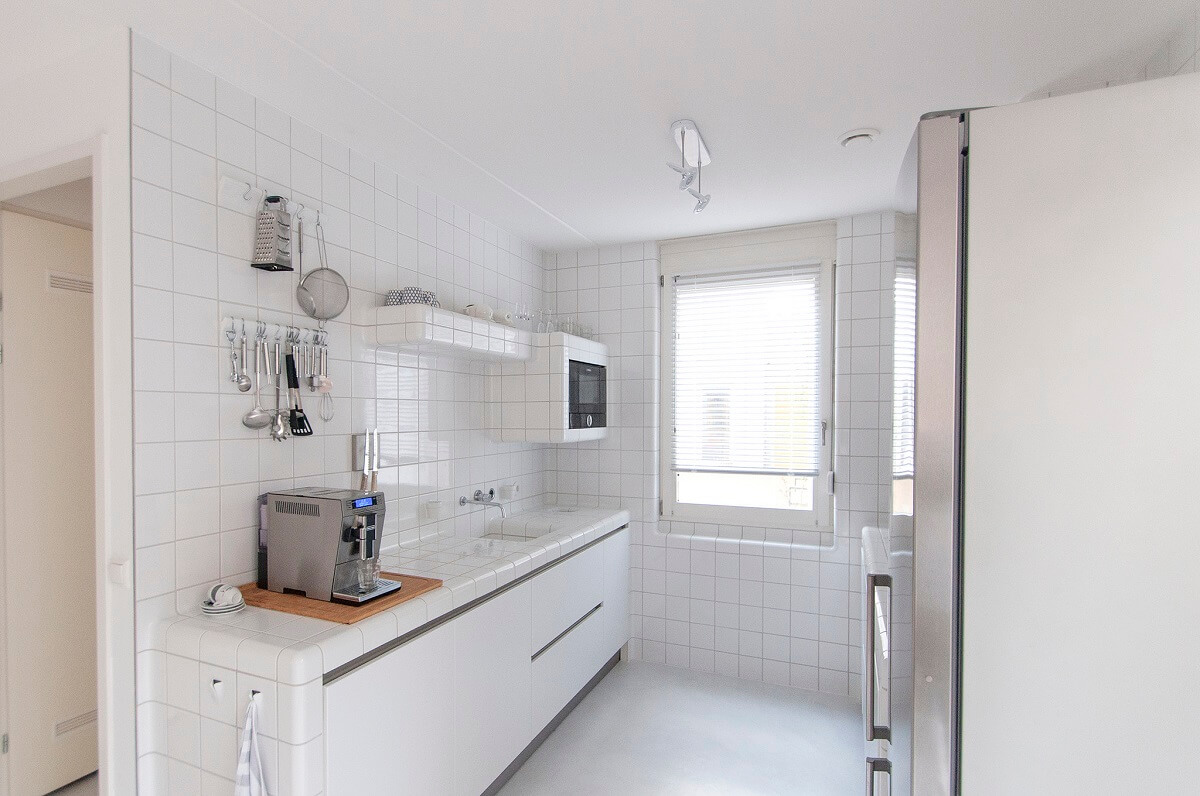
Be sure to keep all your food-prep areas clean, cover all of your food in airtight containers or in the refrigerator, take out the garbage often, and wipe up spills immediately.
Cover Holes
Find out where ants are getting into your home and cover those holes. Check the caulk around your windows and door frames, and check the pipes, faucets, flooring cracks, and sinks as well. It’s also not a bad idea to have a professional look at your foundation.
Prune Trees and Eliminate Yard Waste
Overgrown trees and shrubs are building a bridge to your house. Keep them pruned back at least a foot from your home and your roof.
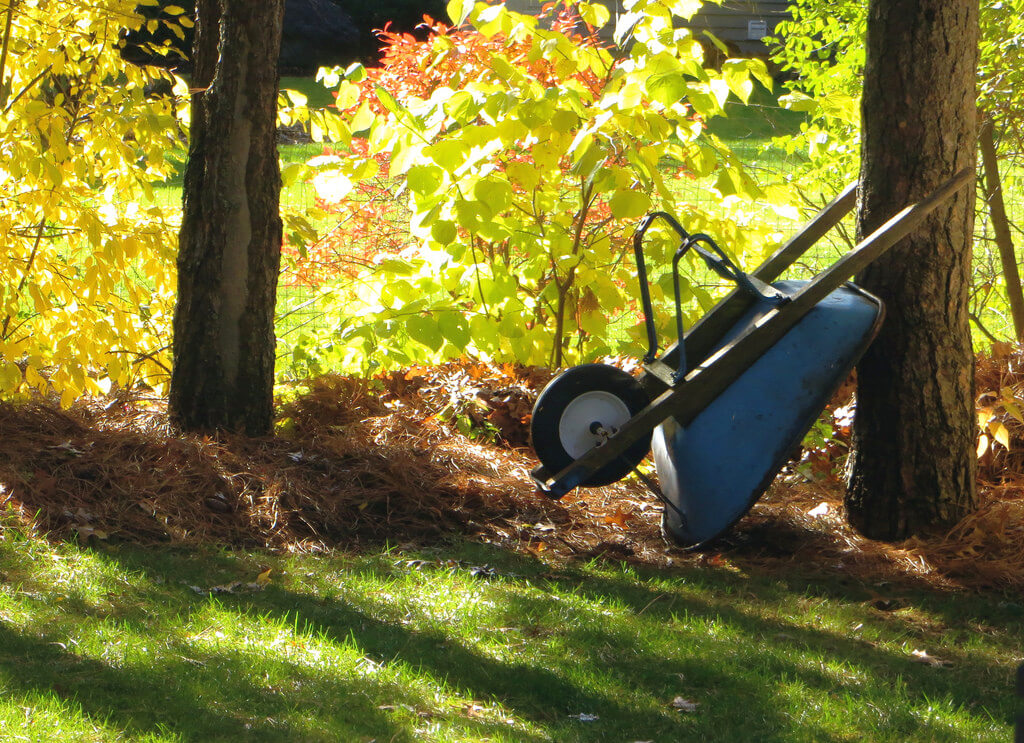
Rocks or wood piled up near your home retain moisture that naturally draws ants. Don’t store firewood close to your home and remove any yard waste that is too close to the home’s foundation.
Go Natural
Once it’s too late and those little creatures have wormed their way into your home, yard, or garden, it’s time to look at solutions.
https://www.instagram.com/p/BosQtycAc_n/?tagged=naturalantkiller
Though store-bought remedies claim to be non-toxic, the chemicals they are made from are made with pesticides that are linked to illnesses and serious health conditions like cancer. This is especially dangerous for children and pets who move a little closer to the ground. Let’s explore some natural alternatives.
Draw Chalk Lines
Chalk contains calcium carbonate, and ants hate it. Either spray some chalk powder at the suspected entry points or draw chalk lines and ants will stop coming in.
Spread Some Salt or Pepper
Perhaps one of the simplest and least expensive options—and one that our great-grandmothers surely knew about—is salt. There’s no need to use any impressive culinary option; regular table salt will do the trick. Mix it with boiling water and spray it on entry points.
Even if you’re not a fan of spicy food, use some cayenne or black pepper on your plants and garden, and ants will stay away. You can also mix it with water to create a spray that you can use indoors.
Peel Some Citrus
This could be a win-win as both an ant deterrent and a room freshener.
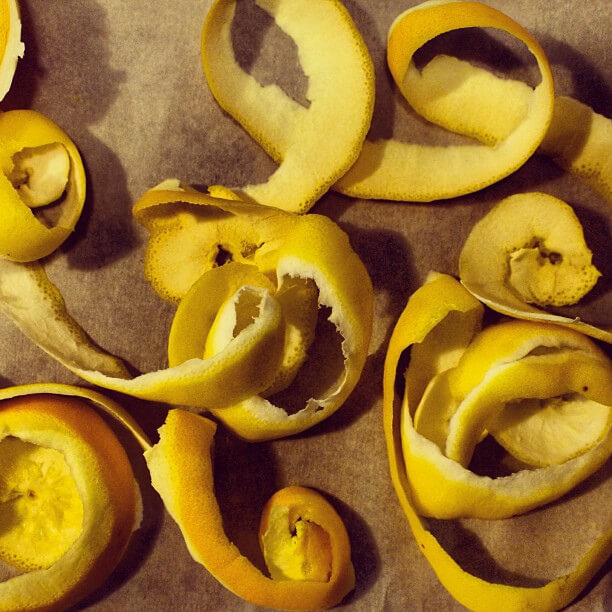
Use the peels of grapefruit, lemons, or oranges and grind and spread them near entry points or in your landscaping or garden. Though the smell may be pleasant to us, ants will steer clear.
Add Coffee Grounds to Your Garden
When you’re done making your morning brew, save those grounds and sprinkle them in your landscaping, around entry points in your home, and in your garden. Ants want nothing to do with your favorite cup o’ joe.
Introduce Cinnamon and Peppermint Scents
You can use both essential oils and cinnamon sticks to deter ants. They strongly dislike the smell of cinnamon, so put it at entry points or on window sills.
If you don’t already grow peppermint, this may be a good reason to start. Plant it in your garden or landscaping to keep ants away. You can also mix peppermint essential oil with water (10 drops of oil to a cup of water) and sprinkle it at entry points.
Create a White Vinegar Spray
It seems we can’t get out of the kitchen, but that’s because there are so many items we’ve already got that are great at repelling ants, including white vinegar. Mix equal parts with water and those ants will move on quickly.
Diatomaceous Earth
We’ve covered the benefits of DE before, including using it to eliminate pests.
https://www.instagram.com/p/BZzgAH6FSck/?tagged=naturalantkiller
Be sure to buy food-grade DE, and sprinkle it in your flower beds and on ant mounds. It may take more than one application. Just be sure not to let it fall on any petals where bees may land.
Pour Hot Water Into the Ant Hill
Boil water to 212 degrees Fahrenheit, and pour it directly on an ant mound. Just be sure to avoid pouring it on plants or grass as it’ll kill those, too.
Amp up the hot water remedy a notch by dusting the ant mound with some baking soda first.
Borax Ant Trap
You’ve likely already been using Borax to boost your laundry. While it’s great for brightening sheets, it’s fatal to ants. Mix it with equal parts powdered sugar and place on a jar lid. The ants will be attracted to the sweet sugar and bring the fatal substance back home to the entire colony.
Ant Spray
While this may sound like a holiday air freshener, and it certainly can be, the main point is making ant spray.
https://www.instagram.com/p/BiheuWxArXa/?tagged=antspray
Mix 4 ounces of water, 2 tablespoons of vodka, and 15 drops of peppermint essential oil in a spray bottle. You can spray this mixture both inside and out.





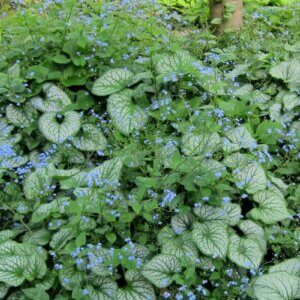




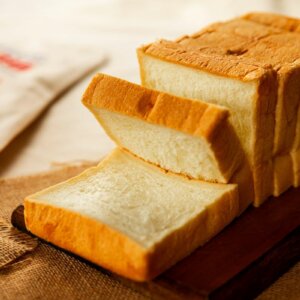
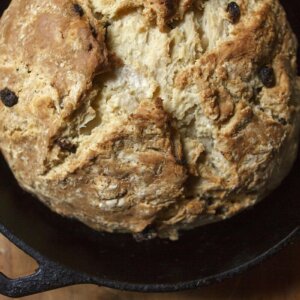
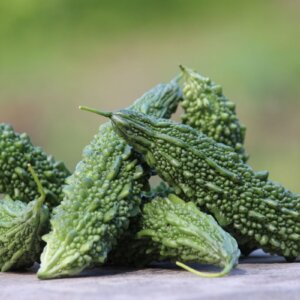




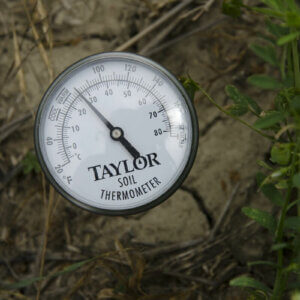


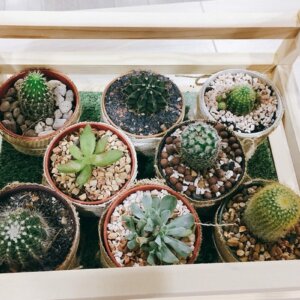

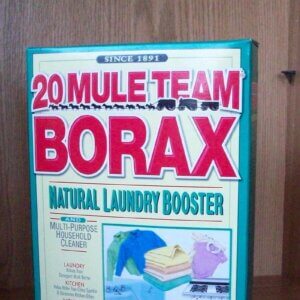
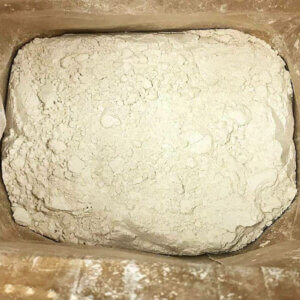




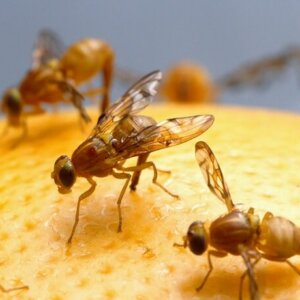



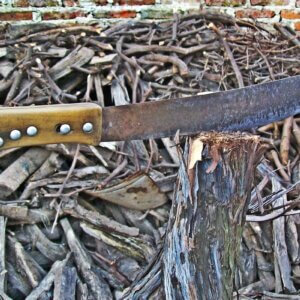

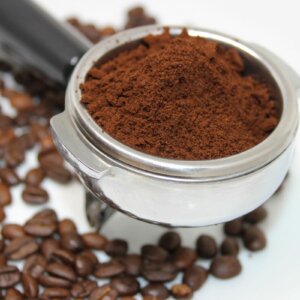



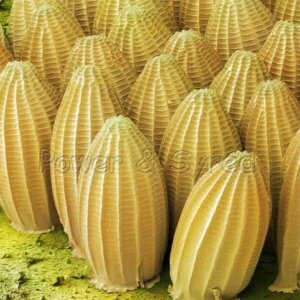



Leave a Reply